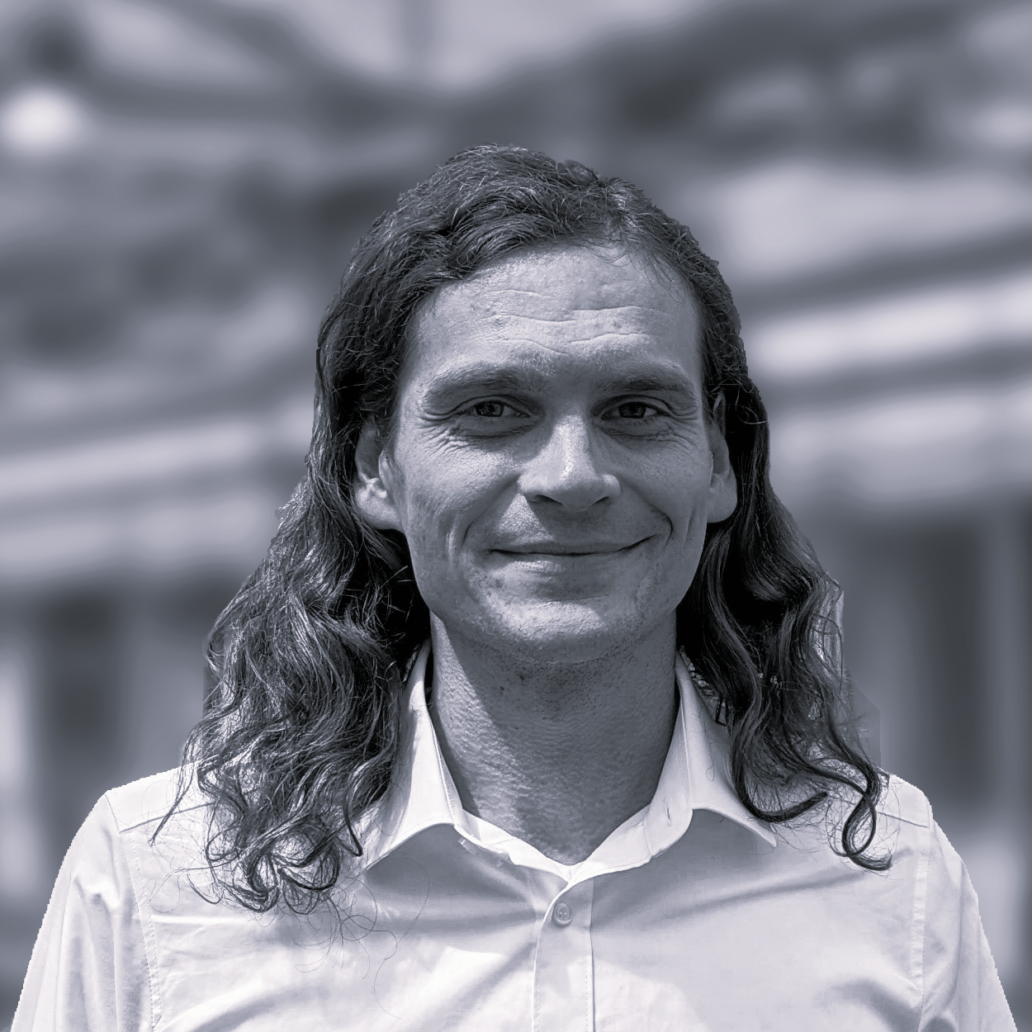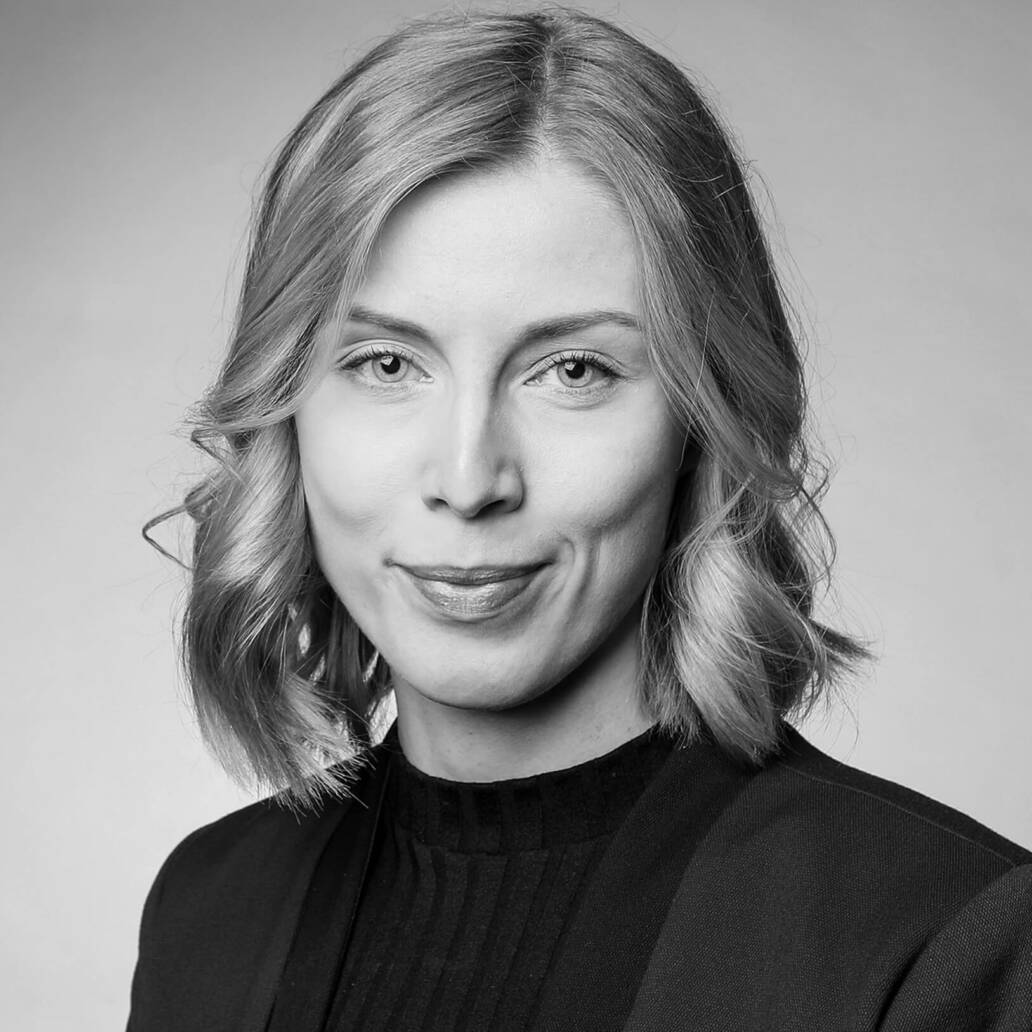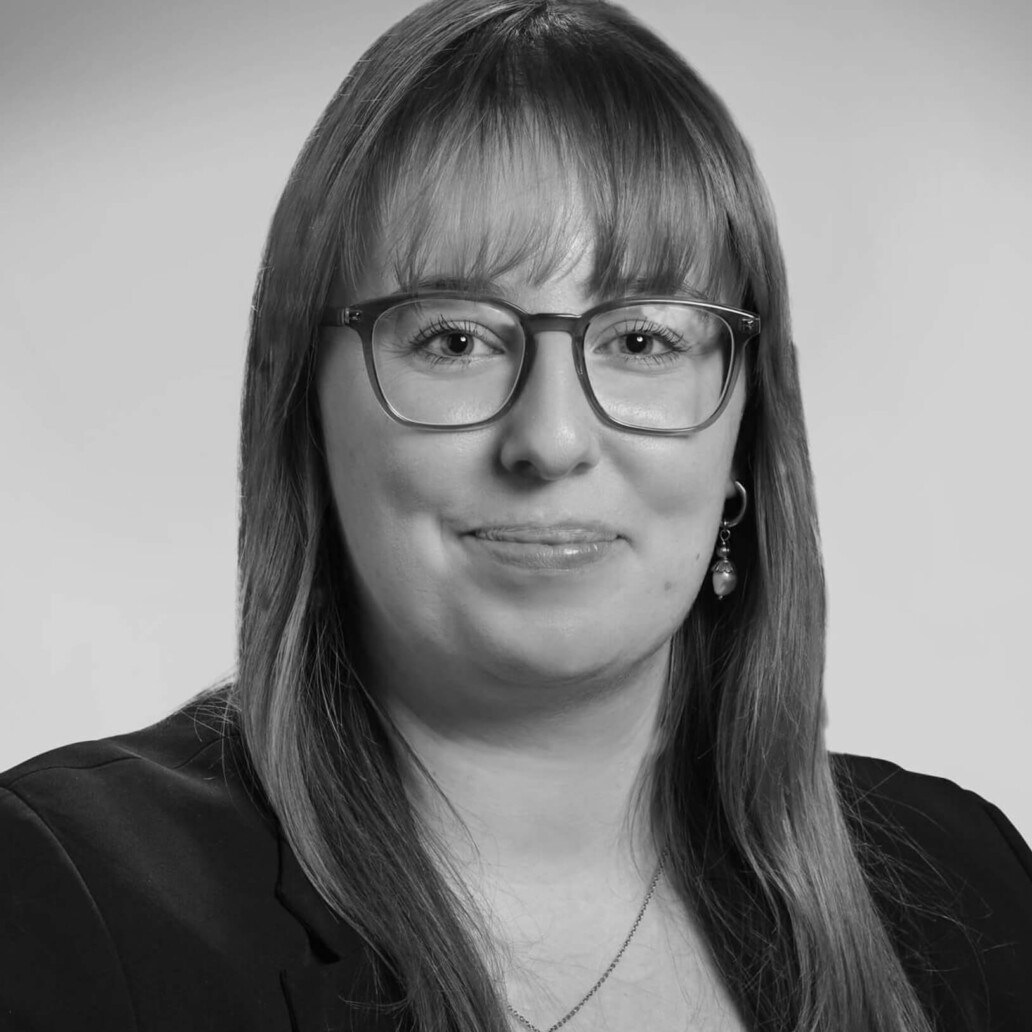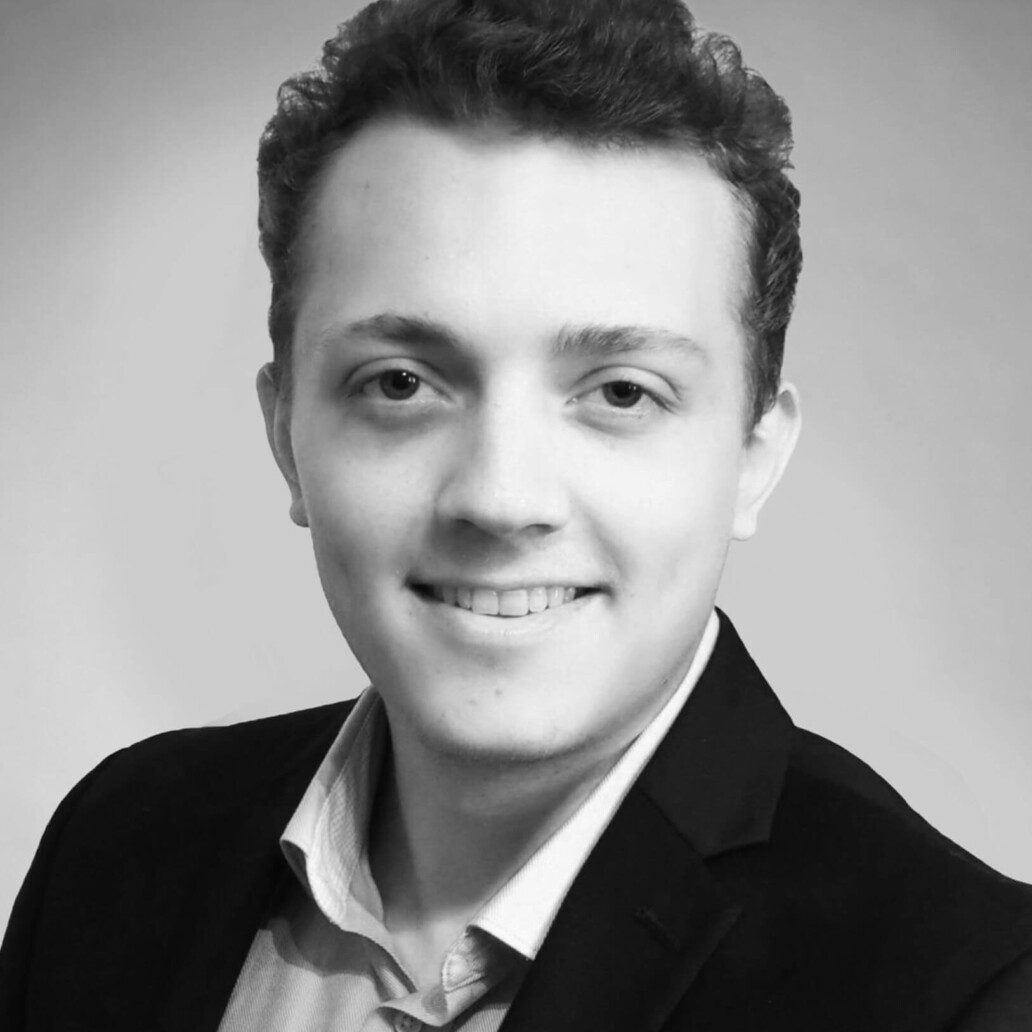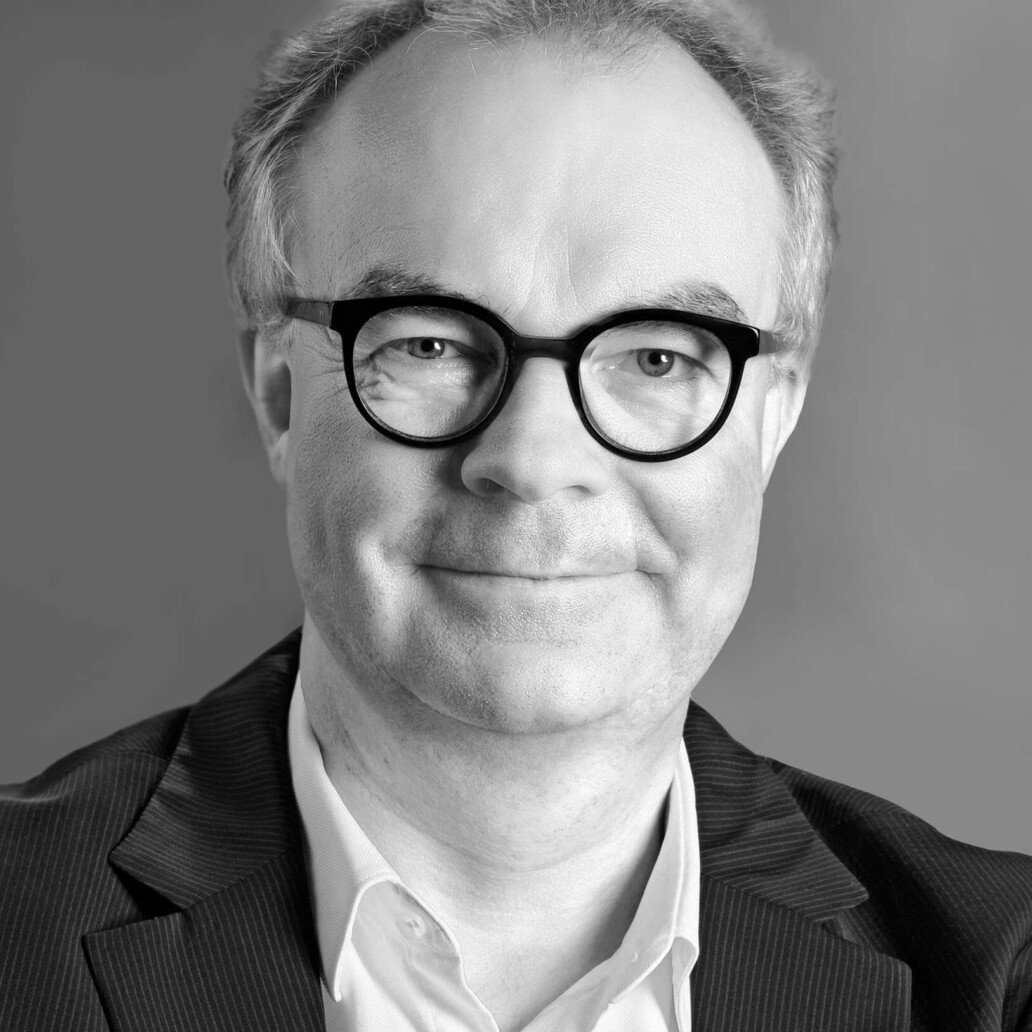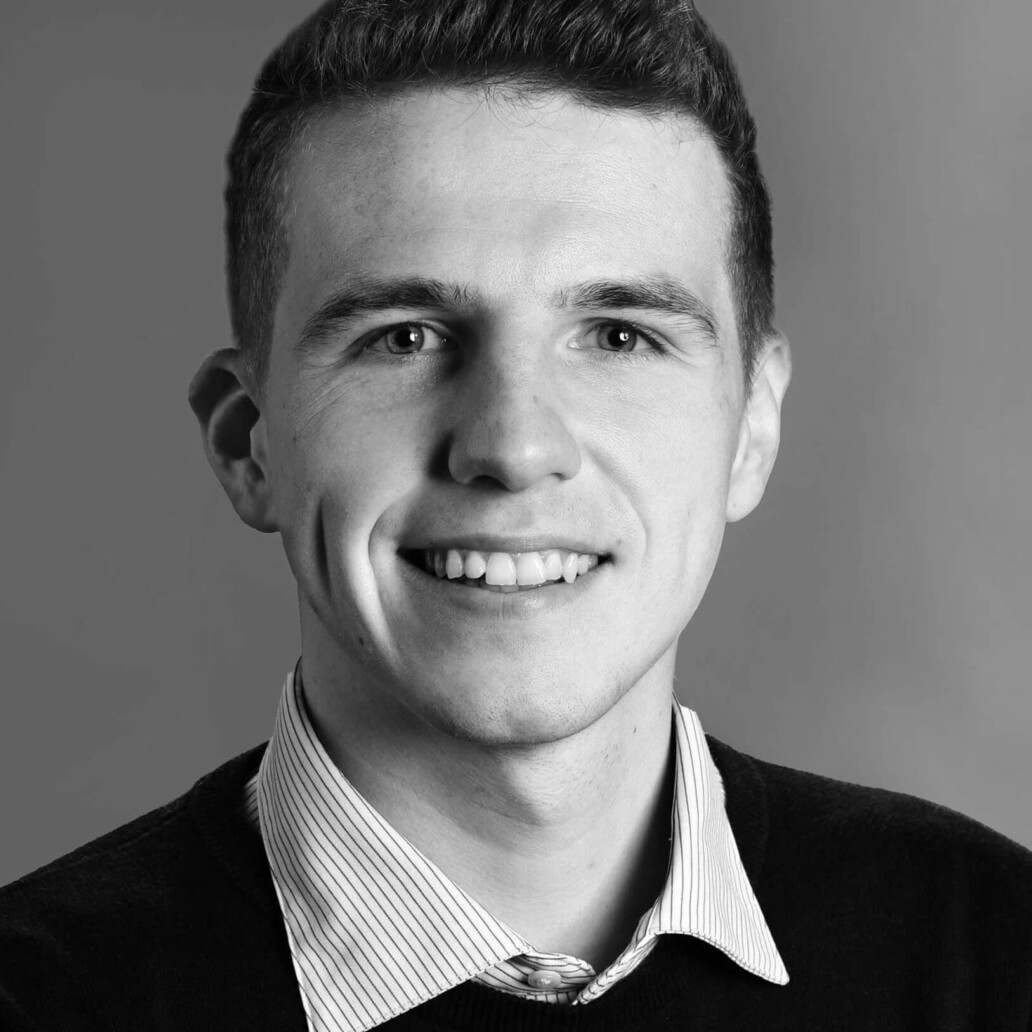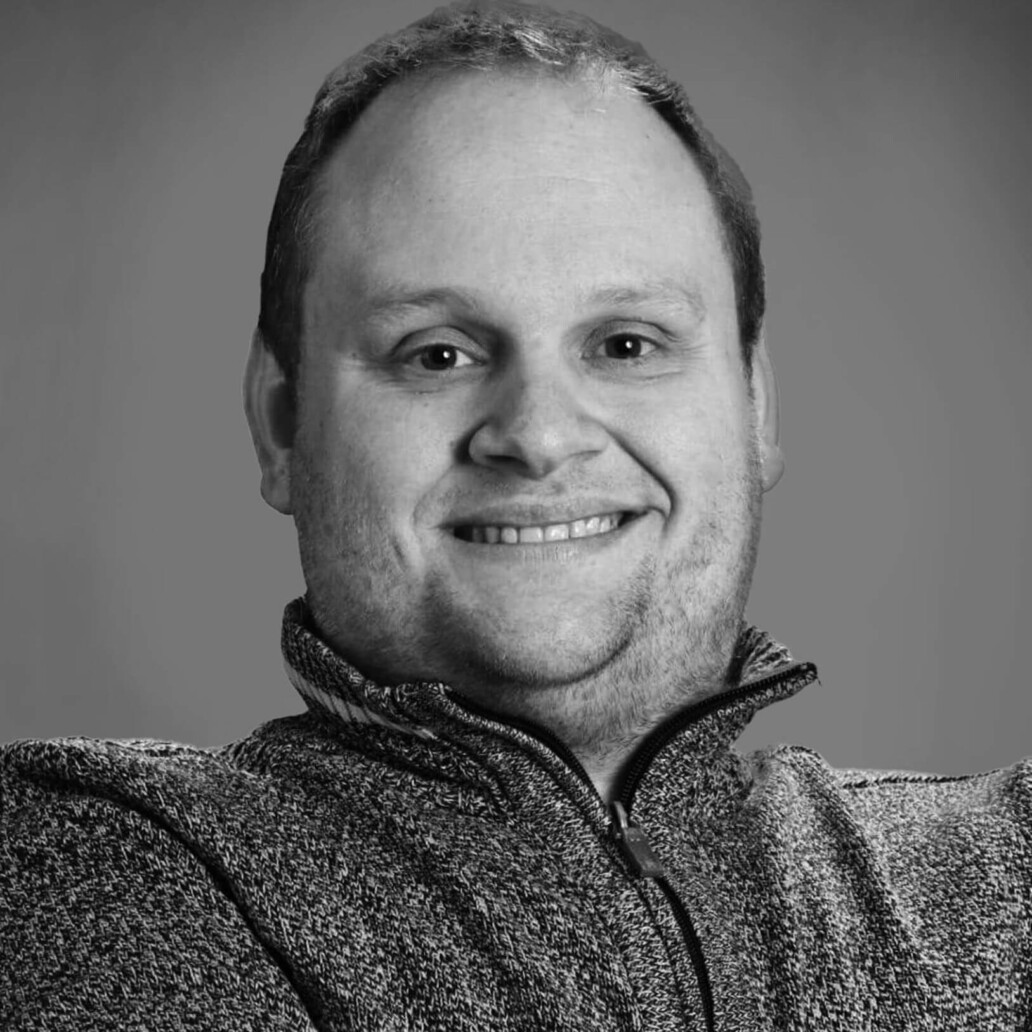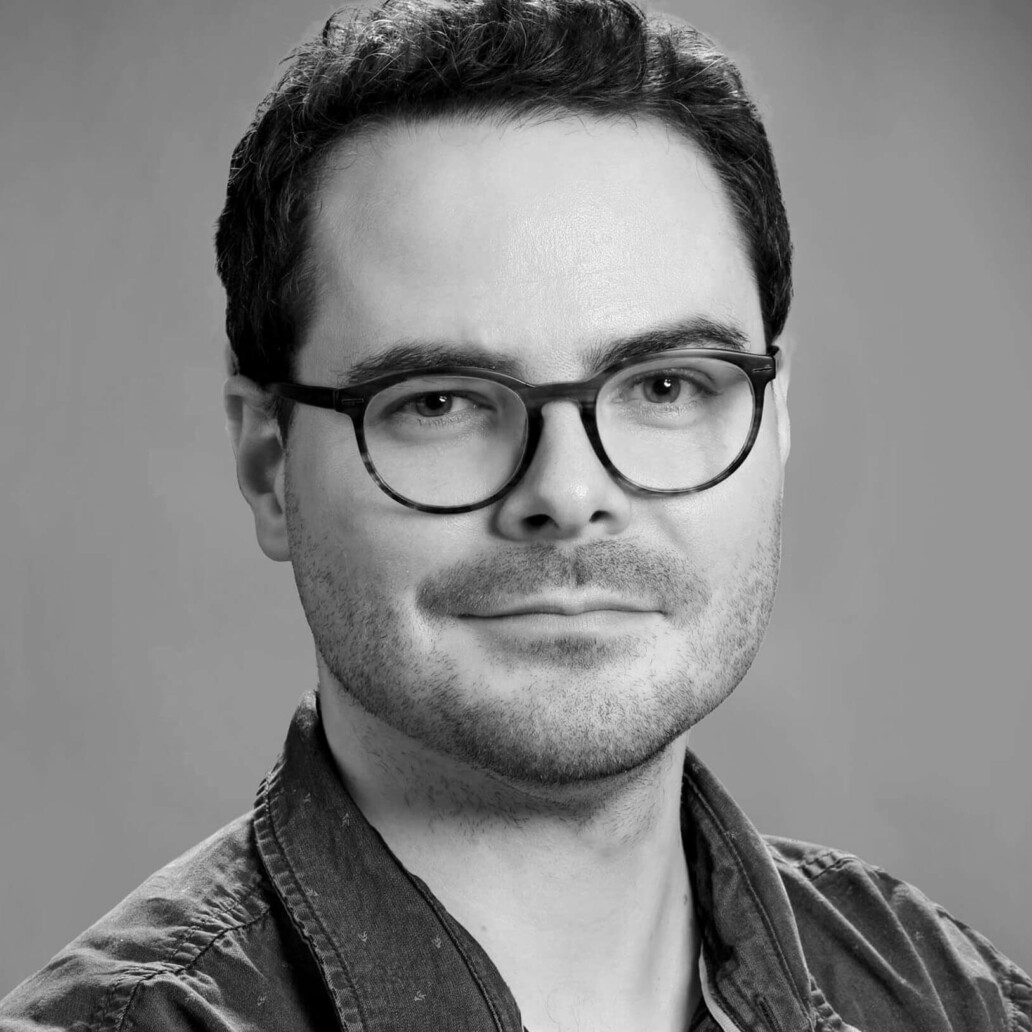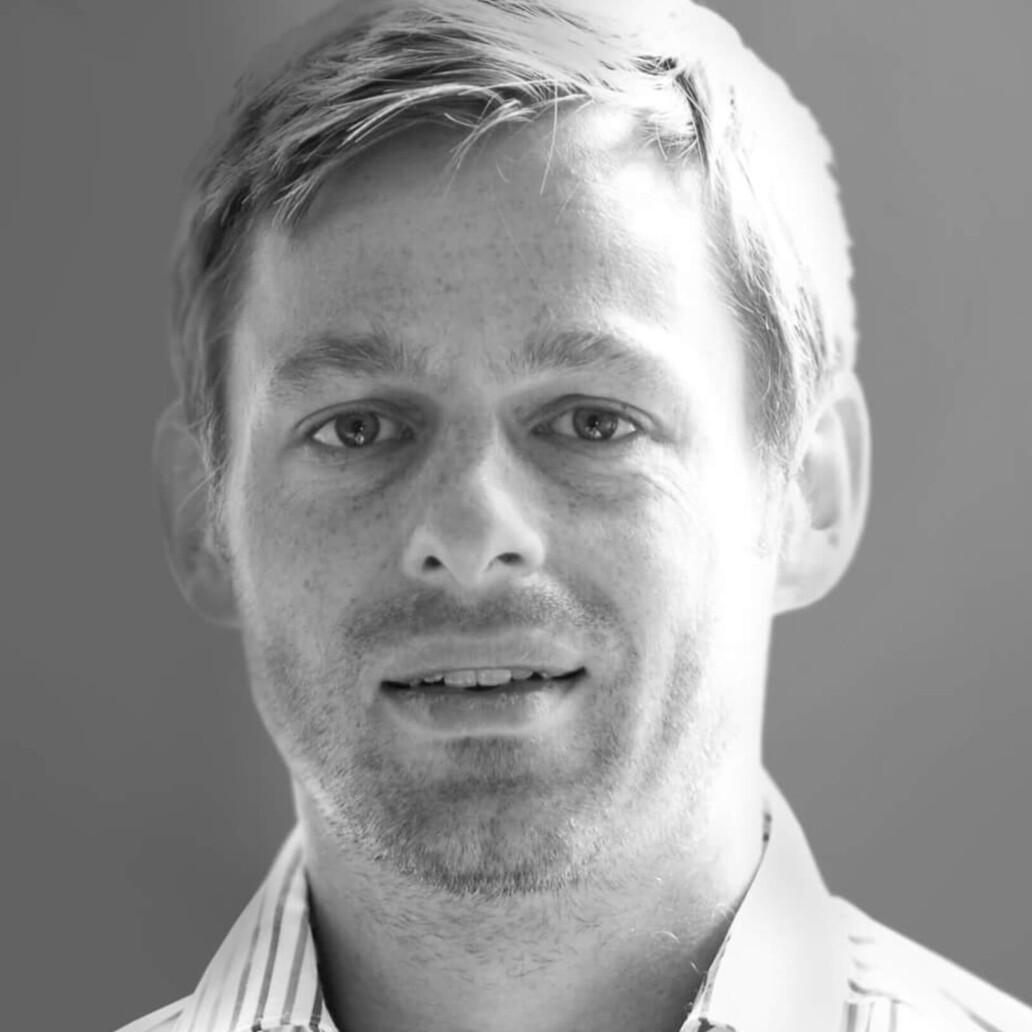Christian Großhauser
PhD students
Graduate industrial engineer
E-mail: christian.grosshauser(at)inzin.de
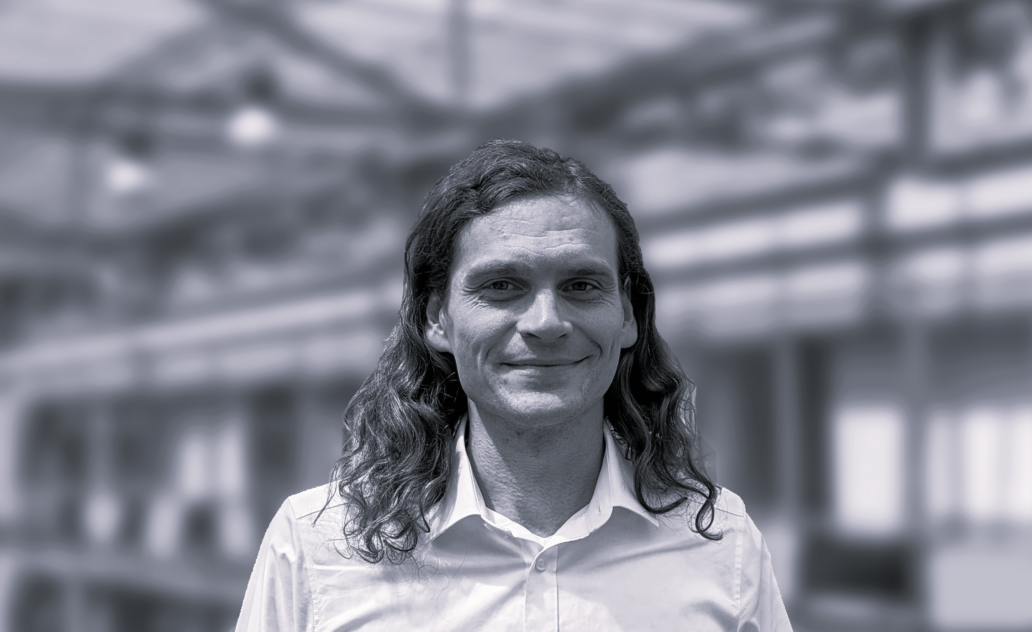
Vita
Christian Großhauser was born in Mallersdorf-Pfaffenberg in 1985 and has been a scholarship holder at the INZIN Institute since May 2023. As part of the scholarship, he conducts research on the topic of “Investigation and optimization of the methane formation rate in methanation reactors” on a pilot plant of MicroPyros BioEnerTec GmbH in Straubing. This is intended to make an important contribution to the green energy transition. Parallel to this research project, he continues to work as a project manager at Straubinger Energie- und Reststoffverwertungs GmbH (SER GmbH). There he works in the fields of wastewater treatment, (thermal) sewage sludge disposal, phosphorus recovery and energy generation from biogenic materials. He completed his degree in industrial engineering with a focus on mechanical engineering at Kempten University of Applied Sciences in 2015. Before making the switch to wastewater treatment, he gained years of experience in the automotive industry.
Research topic
One of the most urgent challenges of the coming decades is and will remain human-induced climate change. In order to meet the ambitious climate targets and ensure a reliable and climate-friendly energy supply, energy production must be further diversified and important alternatives to burning fossil fuels must be taken to a new level. The conversion of waste into energy and thus the possibility of being able to use the existing infrastructure is the desirable goal. But how can this be achieved? The biogenic sector and biomethanization offer opportunities that can make a decisive contribution to the green energy transition by seizing and exploiting this potential. Power to methane is the key solution for making the electricity grid more flexible, as it can counteract the throttling of renewable energy production. In cooperation with MicroPyros BioEnerTec GmbH, a research and development facility on a pilot plant scale is being built on the site of the Straubing wastewater treatment plant. This plant can be used to research and develop biomethanization under real conditions in a variety of ways. Hydrogen and carbon dioxide are converted to methane by microbes, more precisely chemolithoautotrophic archaea. This “green” methane can then be used as a substitute for fossil natural gas and can be used in a wide variety of areas (buildings, transportation, energy generation or mobility). The aim of this doctorate is to specify the framework conditions for a stable, reproducible and safe biomethanation process in order to ensure the operation of future biomethanation plants and thus make a further and important contribution to biomass use and the climate neutrality of tomorrow.
Supervision
Place of doctorate: Faculty of Spatial Planning, Technical University of Dortmund
Keywords
Sustainability, Waste to Energy, Waste management, power to methane, biomethanization
Jule Jeschonowski-Papstein
PhD students
Master of Science (M.Sc.) Industrial Engineering,
Specialization in production/logistics/manufacturing
Contact
INZIN Institute
Werdener Str. 4
40227 Düsseldorf
E-mail: jule.jeschonowski(at)inzin.de
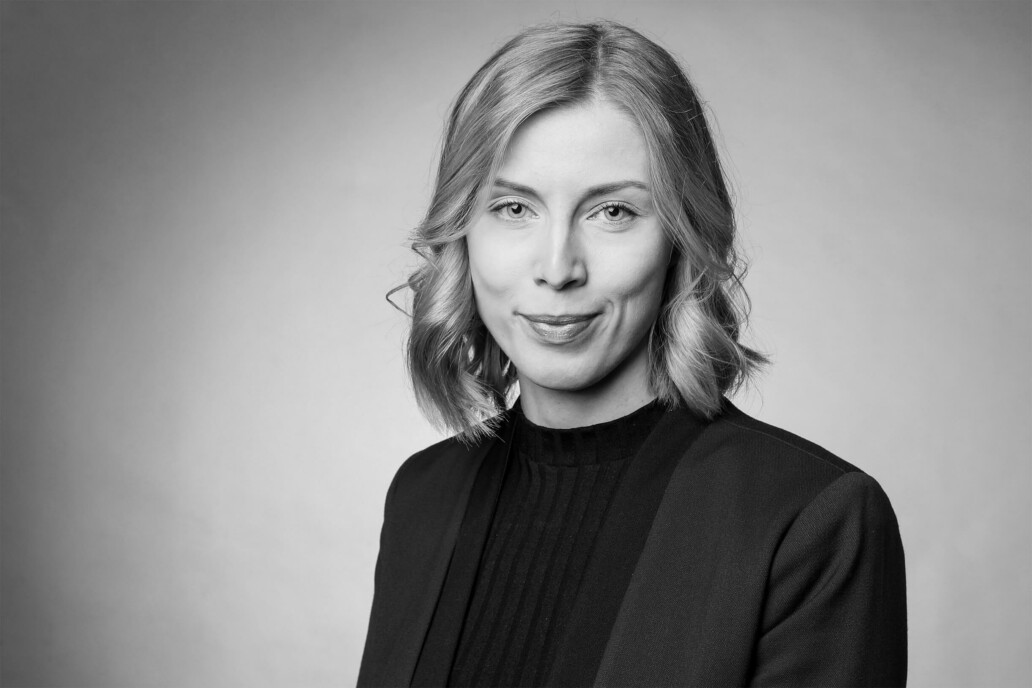
Vita
Jule Jeschonowski-Papstein, born in Nettetal in 1995, has been a scholarship holder at the INZIN Institute in cooperation with Veolia since October 2021. Previously, she worked as a research assistant at the University of Wuppertal in the teaching and research area of construction management and construction industry in the field of modern construction management as well as the digitization and optimization of processes within the framework of BIM. She studied industrial engineering with a specialization in production/logistics and manufacturing at the HS Niederrhein and HS Hamm-Lippstadt. During her master’s degree, she taught statistics as a lecturer and also gained practical experience at Daimler, Deutsche Bahn and Andritz Küsters in the areas of project management and process optimization.
Research topic
In contrast to the linear product life cycle, a material or object in a circular economy becomes the starting product for a new object or material at the end of its useful life. A central aspect of this circular economy is ecodesign. Through a systematic and comprehensive approach to product design, eco-design reduces the environmental impact over the entire life cycle and is therefore one of the measures that attempt to decouple economic growth from resource consumption. There is a great need for research in this area, as previous political and legal efforts have mainly focused on the energy efficiency of energy-related products, but ecodesign also includes many different components (e.g. reparability, recyclability, minimum service life, etc.) that have received little attention to date.
Supervision
Place of doctorate: TU Dortmund
Keywords
Sarah Friese
PhD students
Master of Science (M. Sc.)
INZIN Institut
Werdener Str. 4
40227 Düsseldorf
Tel.: +49 152 2832 2143
E-mail: sarah.friese(at)inzin.de
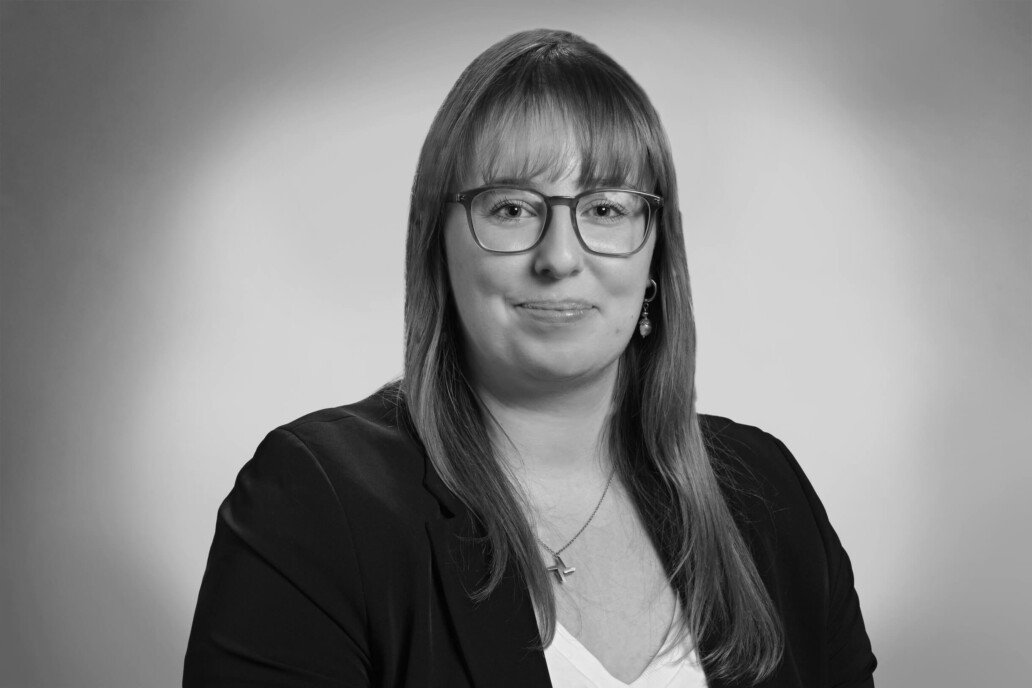
Vita
Sarah Friese, born in 1993 in Hildesheim, has been a scholarship holder and consultant at the INZIN Institute since May 2022 and is working on the project “Modellvorhaben der Raumordnung (MORO): Shaping climate change and the energy transition – preparatory study for the Spatial Planning Report 2024”. Previously, she was a junior project manager at the Thuringian Renewable Energy Network (ThEEN). As part of this competence network, she was responsible for the association’s work, the organization of specialist events and the project management of smart city and environmental heat projects. Mrs. Friese studied “Renewable Energy Management” at the Erfurt University of Applied Sciences from 2018 – 2020 after completing her Bachelor’s degree in “Industrial Engineering for Sustainable Technologies” in 2018.
Research topic
The spatial planning system in Germany is based on three levels: federal, state and regional. In accordance with Section 1 ROG, federal spatial planning provides the legal basis for regional planning based on guiding principles and principles. State planning specifies these requirements before regional planning adapts them to the regional parameters. The European level, which lays down binding guidelines, is superordinate to this. German spatial planning has a large number of planning instruments that have already been in use for several years, but an evaluation of the effectiveness of regional spatial planning after the end of the process rarely takes place. This raises the question of the extent to which nationwide strategies for renewable energies diffuse across the various planning levels and are reflected in spatial developments.
Supervision
First supervisor: Prof. Dr. Martin Faulstich, TU Dortmund University
Place of doctorate: TU Dortmund
Keywords
Spatial planning, spatial strategies, renewable energies, land development
Konstantin Saure
PhD students
Master of Engineering (M. Eng.)
INZIN Institut
Werdener Str. 4
40227 Düsseldorf
Tel.: +49 157 54729602
E-mail: konstantin.saure(at)inzin.de
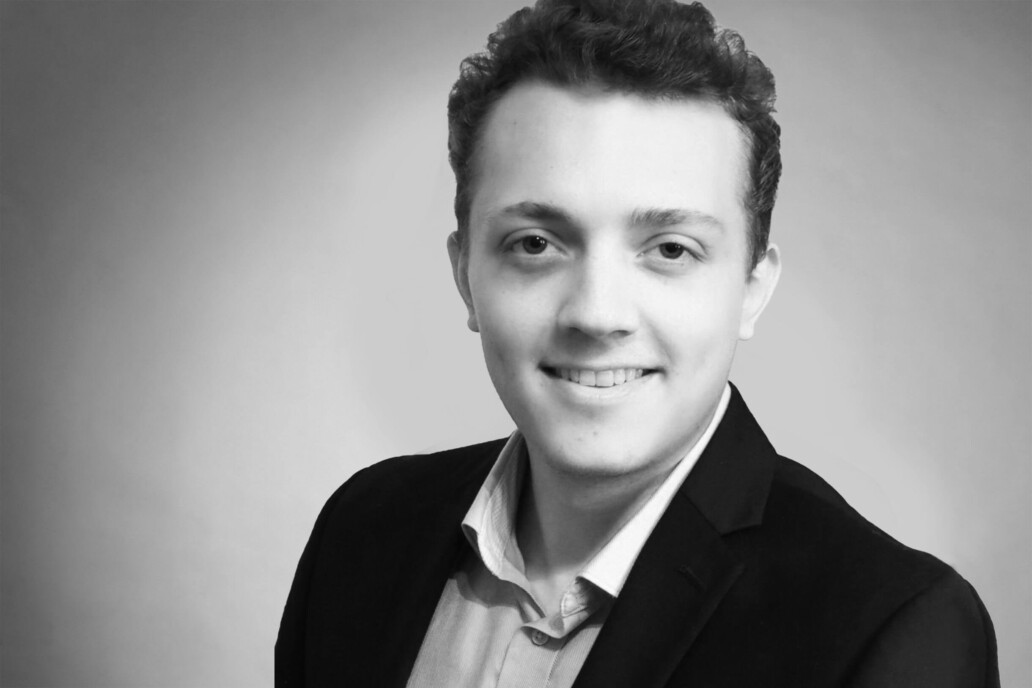
Vita
Konstantin Saure has been a scholarship holder and lecturer at the INZIN Institute since January 2023 and is develops a “Resource strategy for the state capital Düsseldorf” as part of his scholarship at Stadtwerke Düsseldorf. During his Master’s degree, he worked as a research assistant on the state-funded project “WIR!-Bündnis REEgion now – Regionales Wertschöpfungsbündnis Lifelines in NWB”. He completed his Master’s degree in the interdisciplinary course “Energy Efficiency of Technical Systems” at Brandenburg University of Applied Sciences. Prior to this, he completed his Bachelor of Engineering in Mechanical Engineering at the Bonn-Rhein-Sieg University of Applied Sciences.
Research topic
Supervision
Place of doctorate: Faculty of Spatial Planning, Technical University of Dortmund
Keywords
Circular economy, urban material flows, resource management
Andreas Hübner
PhD students
Graduate engineer in spatial planning
Dortmund University of Technology
Faculty of Spatial Planning
Chair of Resource and Energy Systems
August-Schmidt-Straße 10
D-44227 Dortmund
+49 151 22347908
E-mail: andreas.huebner(at)tu-dortmund.de
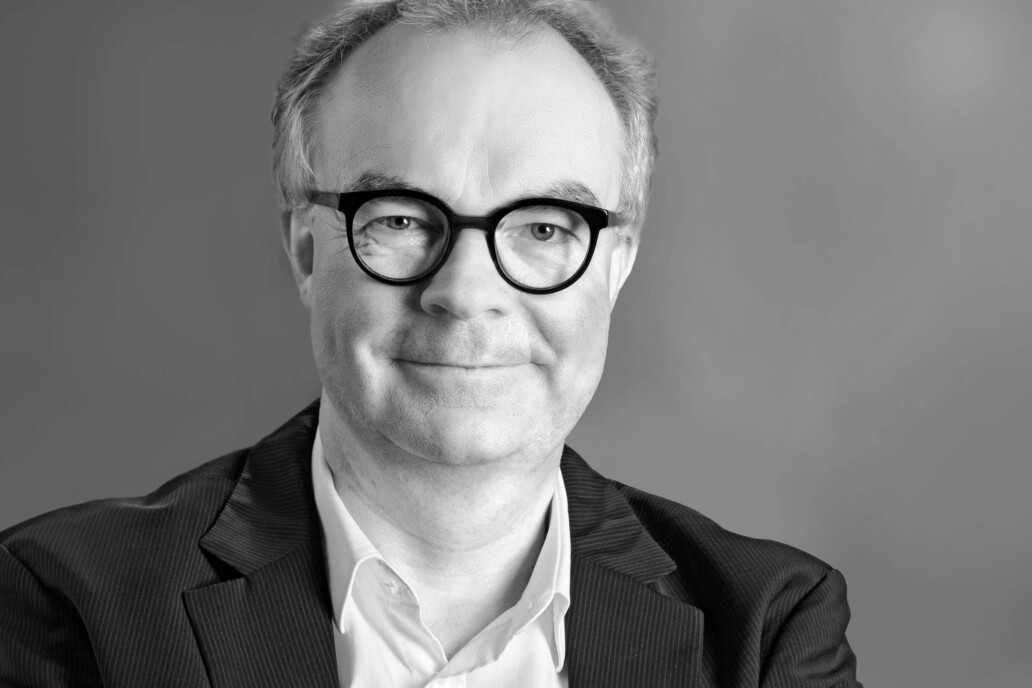
Vita
Andreas Hübner, born in Opladen in 1966, has been a lecturer in municipal climate protection since 2015 and a research assistant at the Chair of Resource and Energy Systems at the Faculty of Spatial Planning at TU Dortmund University since October 2022. He completed his studies in spatial planning from 1986 to 1991 and then joined Gertec GmbH Ingenieurgesellschaft in Essen in 1992, where he has been a partner since 2002 and Managing Director since 2015.
Special areas of focus are municipal and regional energy concepts as instruments of municipal climate neutrality strategies, the climate-neutral development of new residential and commercial areas and the design of transformation processes in municipal climate protection.
Research topic
Over the past three years, numerous major cities in Germany have developed strategies to achieve climate neutrality on the territory of these cities.
The implementation of these climate neutrality strategies is now imminent and it is already becoming apparent that the administrative structures and organizational framework conditions in place to date are not having the necessary impact that can be influenced by the municipality
- in terms of quantity (considerable greenhouse gas savings in cooperation with the municipal community, far beyond the current scope) and
- in terms of the time required (achieving climate neutrality in the period from 2035 to 2045 at the latest)
.
On the one hand, the research project aims to investigate
- which institutional framework conditions can be used to achieve a significantly higher impact in the implementation of municipal climate neutrality strategies and
- how these should be designed in conjunction with local political control and the tasks of the municipal administration.
Supervision
First supervisor: Prof. Dr. Martin Faulstich, TU Dortmund University
Second supervisor: Hon.-Prof. Dr. Mathias Kaiser, TU Dortmund
Place of doctorate: TU Dortmund
Keywords
Municipal climate neutrality strategy, municipal climate protection, climate protection concept
Dominik Coquette
PhD students
Master of Science (M. Sc.) Mechanical Engineering, specialization in Energy and Process Engineering
Florianstraße 15 – 21
44139 Dortmund
Tel.: +49 152 5178 6053
E-mail: dominik.coquette(at)tu-dortmund.de
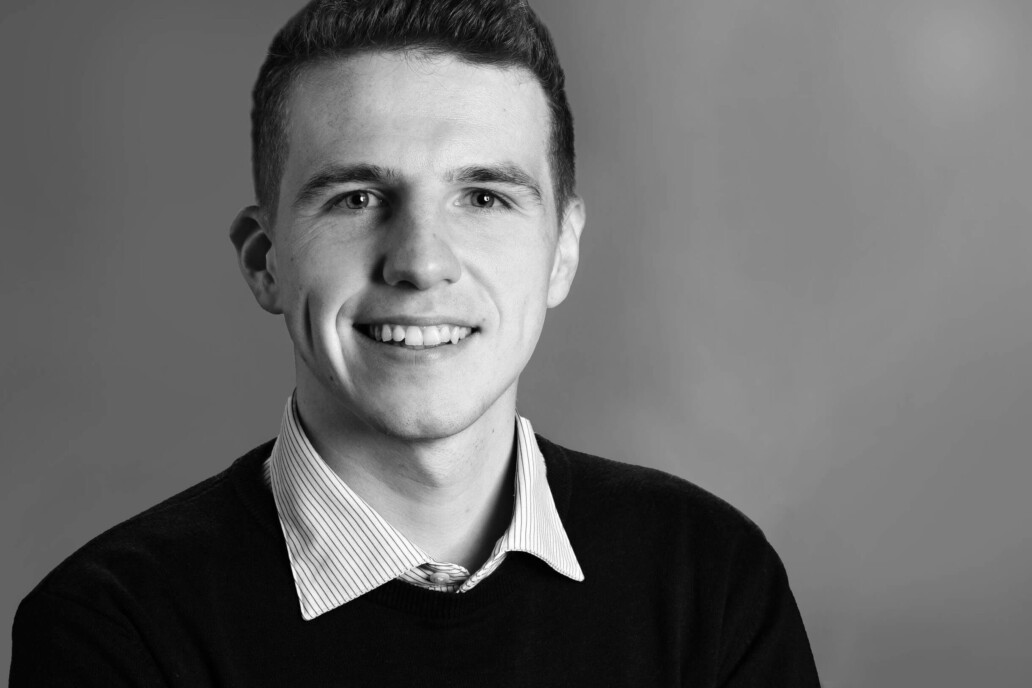
Vita
Dominik Coquette, born in Recklinghausen in 1995, has been working in Asset Management Gas at Westnetz GmbH since May 2019. He has also been a doctoral student at Prof. Dr. Martin Faulstich’s Chair of Resource and Energy Systems since January 2022. Mr. Coquette previously studied mechanical engineering at the Ruhr University Bochum, specializing in energy and process engineering. He focused on energy system considerations and energy storage technologies. He currently works on the integration of hydrogen in future energy networks.
Research topic
Supervision
First supervisor: Prof. Dr. Martin Faulstich, TU Dortmund University
Keywords
Hydrogen, energy infrastructure, GIS-supported planning
Caroline Andersen
PhD students
Master of Science (M.Sc.) Spatial Planning, specialization in Renewable Energies
Technical University of Dortmund
Faculty of Spatial Planning
Chair of Resource and Energy Systems
August-Schmidt-Str. 10
44221 Dortmund
Tel.: +49 231 755-2278
E-mail: caroline.andersen(at)tu-dortmund.de
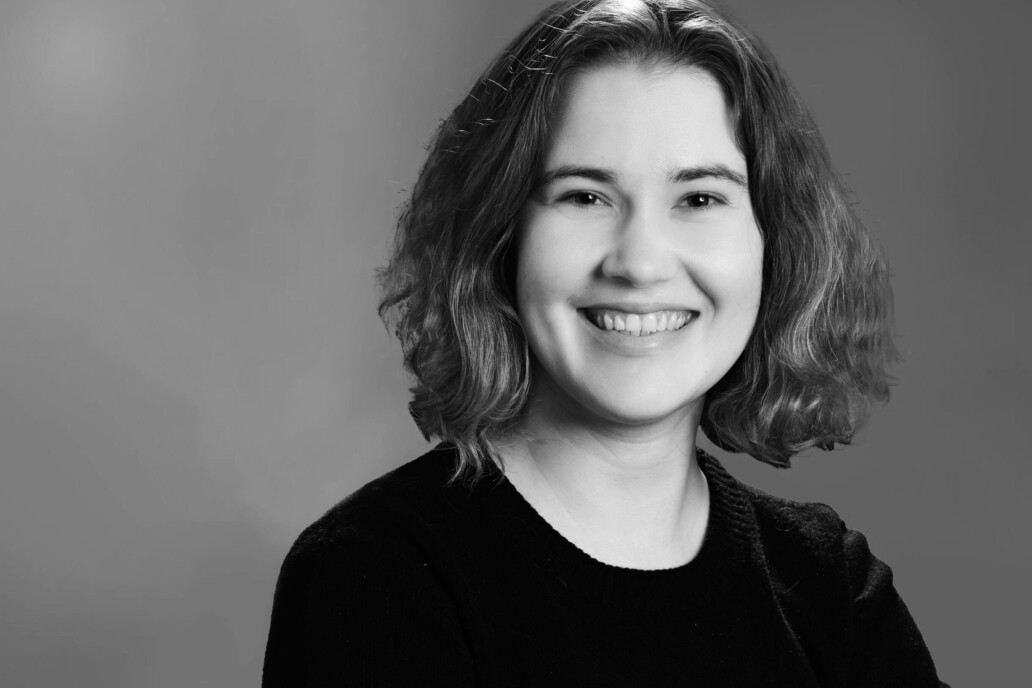
Vita
Caroline Andersen, born 1996 in Aachen, has been working as a research assistant at the Chair of Resource and Energy Systems at TU Dortmund University since July 2022. She previously studied spatial planning at TU Dortmund University and applied geography at RWTH Aachen University. She specialized in renewable energies and urban development. During her studies, she gained practical experience in strategic development planning and concept creation at NRW.URBAN and StädteRegion Aachen.
Research topic
Hydrogen is considered an important key component for the implementation of the energy transition and the process of energy system transformation. Spatial planning models and energy policy objectives must be taken into account for the successive development of regional hydrogen economies. In order to steer development in this direction and identify conflicts of use at an early stage, existing planning instruments must be adapted. Accordingly, a transferable evaluation procedure for the development of regional hydrogen infrastructures is being developed and applied.
Supervision
First supervisor: Prof. Dr. Martin Faulstich, TU Dortmund University
Place of doctorate: TU Dortmund
Keywords
Hydrogen infrastructure, energy system transformation, sustainable energy network planning
Julian Leber
PhD students
Master of Science (M.Sc.), Spatial Planning
Technical University of Dortmund
Faculty of Spatial Planning
Chair of Resource and Energy Systems
August-Schmidt-Str. 10
44221 Dortmund
Tel.: +49 231 755-7497
E-Mail: julian.leber(at)tu-dortmund.de
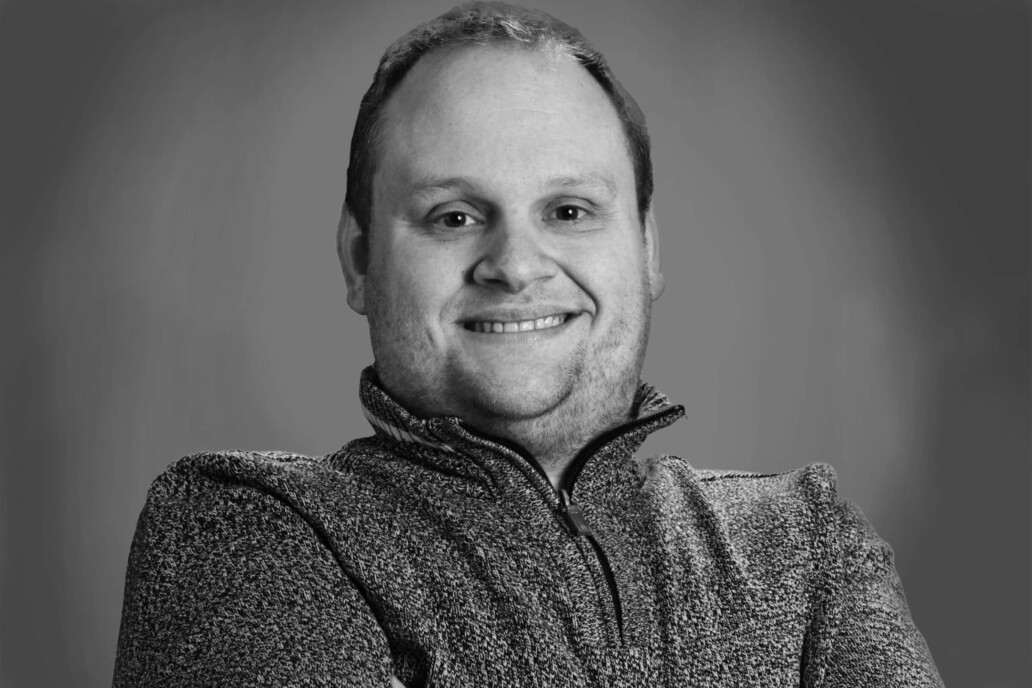
Vita
Julian Leber, born in Duisburg in 1989, has been working at the Chair of Resource and Energy Systems at the Faculty of Spatial Planning at TU Dortmund since April 2022, where he is responsible for coordinating teaching, among other things. He previously worked at the same faculty at the Chair of Landscape Ecology and Landscape Planning. After completing his studies in spatial planning at TU Dortmund University, he focused on the analysis and evaluation of open space provision and open space functions and the link between the areas of accessibility and open space and landscape planning. He also gained a lot of experience in university policy committees. During his studies, he gained practical experience at the City of Dortmund’s Disability Officer and at the STADTRAUMKONZEPT planning office.
Research topic
As a result of demographic ageing, the proportion of people with disabilities is also increasing. Older people and people with physical disabilities are also among the population groups that are particularly vulnerable to the effects of climate change on human health. Due to urban climatic effects, this problem is increasingly evident in urban regions. To a certain extent, open spaces can help to alleviate these problems, as they are highly relevant in terms of climate adaptation and also offer the population spaces for recreation and social interaction. The doctoral project will evaluate the extent to which the five district parks in the Ruhr metropolis are designed to be barrier-free as part of the “Future and Home: District Parks 2020” project. The aim of the research project is to ensure that the parks are accessible and usable for all groups of people in the future in line with the concept of inclusion.
Supervision
First supervisor: Prof. Dr. Dietwald Gruehn, TU Dortmund
Second supervisor: Prof. Dr. Martin Faulstich, TU Dortmund
Place of doctorate: TU Dortmund
Keywords
Accessibility, planning for the elderly, ecosystem services, climate adaptation, open space planning, demographic change
Oliver Huber
PhD students
M.Sc. Geography
Technical University of Dortmund
August-Schmidt-Str. 10
44221 Dortmund
Tel.: +49 231 755-6932
E-Mail: oliver.huber(at)tu-dortmund.de
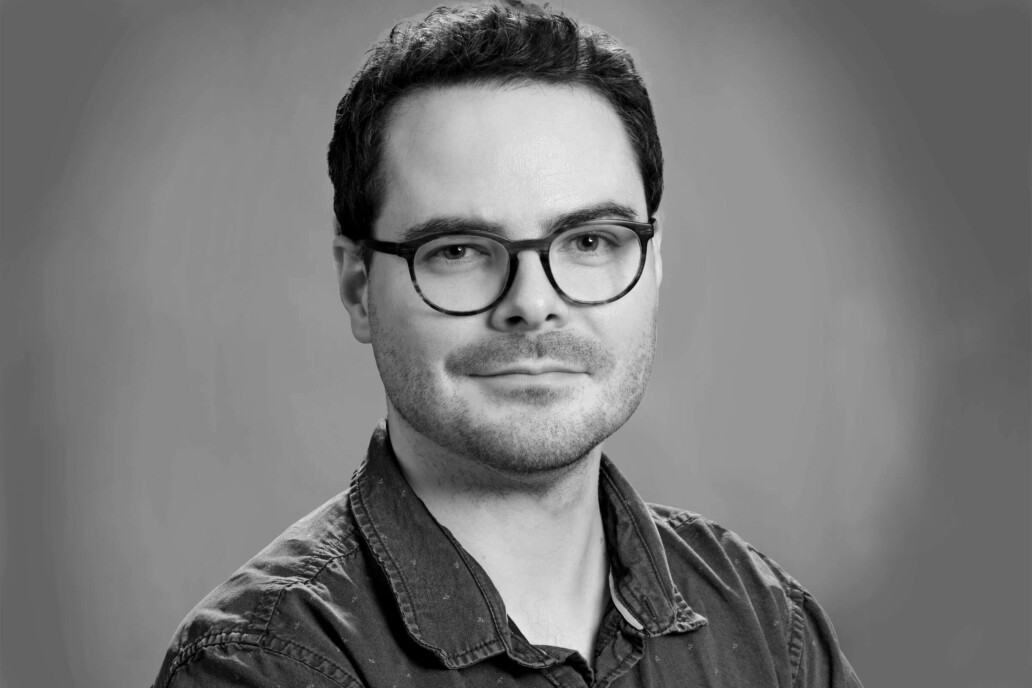
Vita
- Since 2017 Technical employee for traffic simulation and geodata management at the Faculty of Spatial Planning at TU Dortmund for the subject areas VPL and RES
- 2014 – 2017 Software developer at rku.it GmbH
- 2012 – 2014 Master’s degree in Geography at the Ruhr University Bochum Specialization in Geomatics, degree: Master of Science
- 2009 – 2012 Bachelor’s degree in Geography at the Ruhr University Bochum, degree: Bachelor of Science
Research topic
Urban heavy rainfall prevention in times of climate change and big data
Supervision
Prof. Dr. Matthias Kaiser und Prof. Dr. Martin Faulstich
Keywords
Geoinformation systems, urban heavy rain hazards
Manuel Slupina
PhD students
Graduate economist
Wüstenrot Stiftung
Hohenzollernstraße 45
71638 Ludwigsburg
Tel.: 07141 16 75 65 11
E-Mail: manuel.slupina(at)wuestenrot-stiftung.de
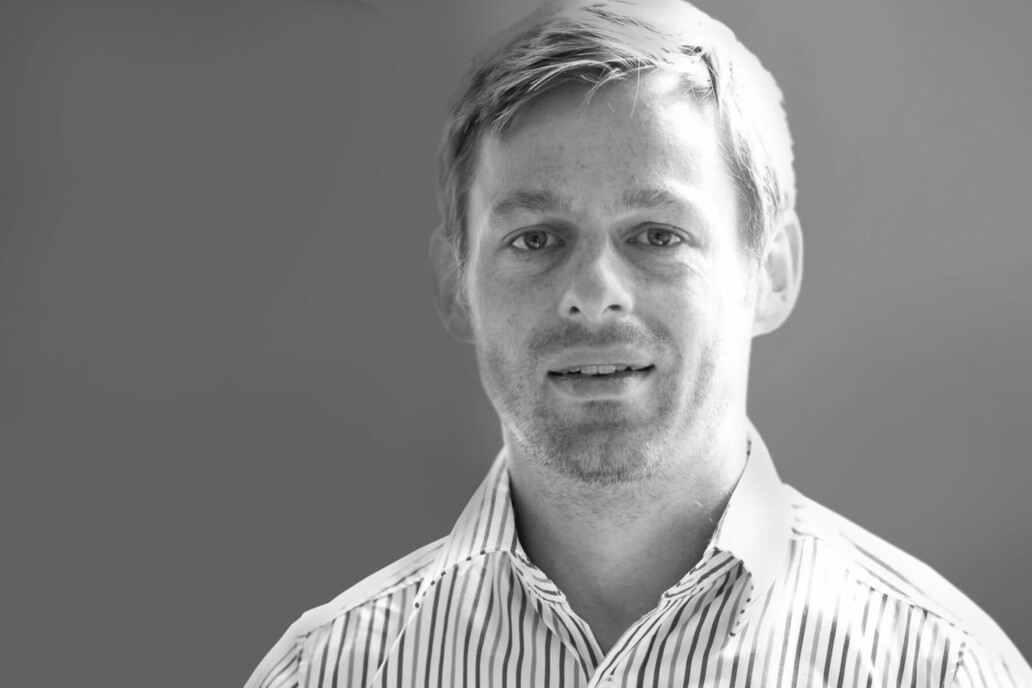
Vita
Manuel Slupina has been Head of Urban & Rural at the Wüstenrot Foundation since April 2021. He is mainly concerned with urban and village life in Germany. The foundation’s studies, competitions and events show how administrations and local people can use their wealth of ideas to improve opportunities for participation and quality of life or leverage local development potential. Previously, he was head of the “Demography Germany” department at the Berlin Institute for Population and Development. There, he researched demographic trends in Germany and the challenges they pose for shrinking or booming regions.
Research topic
Secular stagnation and its ecological consequences
The central challenge for the early industrialized countries in the coming decades will be to steer their societies and economic systems onto a sustainable path. The hope that technical progress with more efficient manufacturing processes will lead to less environmental impact has not yet been fulfilled – despite the partial decoupling of raw material consumption and economic growth. Although a unit of GDP can now be generated with less environmental and nature consumption than in the past, the economic growth of recent years has led to more consumption of raw materials and environmental damage in absolute terms.
However, regardless of this trend, there have been signs of a slowdown in growth in industrialized countries for several decades. Some countries, such as Japan, are experiencing almost zero cyclically-adjusted growth. The theory of secular stagnation provides an explanation for this development. It blames dwindling economic growth on structural and irreversible factors such as demographic change and declining productivity gains.
If the theory of secular stagnation is correct, more and more early developed countries will experience declining economic growth or none at all. This raises the question of whether the equation “more economic growth = more environmental damage” also works in reverse. There is still a considerable need for research here. The doctoral project “Secular stagnation and its ecological consequences” is therefore dedicated to the following questions: What would be the ecological consequences of a permanent end to economic growth in the early developed countries? Can secular stagnation bring industrialized countries closer to their climate goals, and if so, how big would the ecological dividend be that could be drawn from this?
Supervision
Second supervisor: Prof. Dr. Bruno Oberle, EPF Lausanne
Place of doctorate: TU Dortmund
Keywords
Secular stagnation, economic growth, resource consumption, sustainability, ecological dividend

